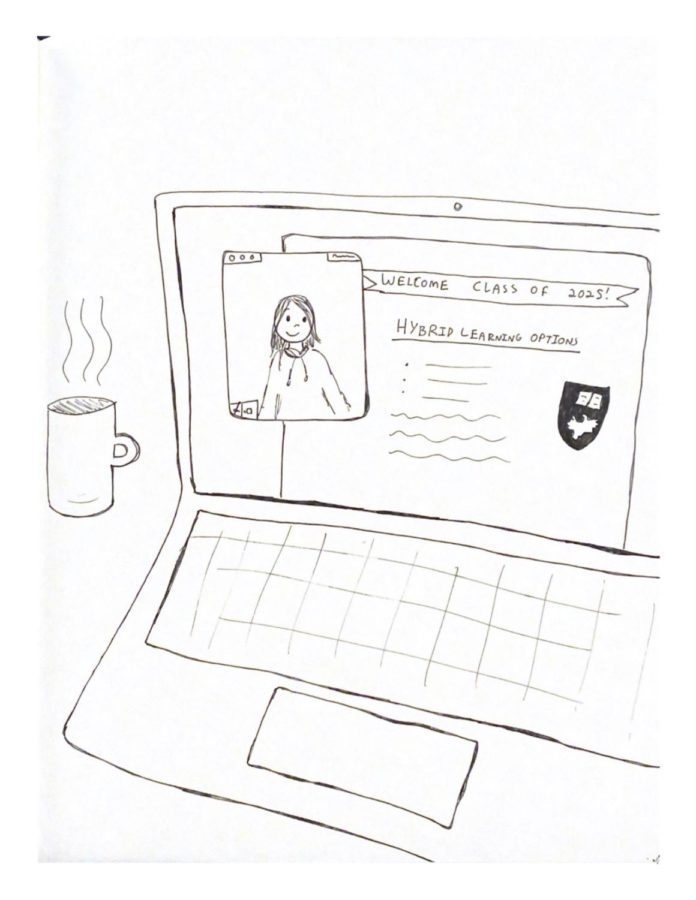Physical classrooms don’t work for me, and I don’t think I am alone. As a sixteen-year-old applying to college, I thought I was choosing a school and a city that I could live in for the next four-plus years of my life. I was well aware that the elite college experience requires overworked teens to commit to uprooting our lives and relocating thousands of miles from home. As I learned, not every qualified young person can make and keep that commitment. Now that we know that classrooms can be recreated virtually, academically capable students who are unable to succeed in a traditional university environment should be given virtual options.
When I started at UChicago in the fall of 2017, I hoped that the increase in mental health problems I was experiencing was an issue with the dorms, not with the campus environment itself. I tried living off campus for my second quarter, engaging in social life outside of the school. Despite doing well in my classes, the time I spent on campus was extremely uncomfortable, and I soon stopped completing my assignments and went on leave. Following this, I gave up on graduating and left Chicago. In the real world, I was happy working various jobs on my feet, but I could never keep myself in a white-collar job where I had to sit in an office every day and drive home through traffic.
Given the pandemic job market and my limited options as a college dropout who is bad with people and can’t sit still, I enrolled in virtual class at UChicago two quarters ago. I expected the experience to be as miserable as my time attending in-person classes, but to my surprise, it wasn’t. Nobody at this school lives stress-free, but I feel like the amount of stress I experience now is much closer to the average among my peers than before. When I can’t focus in class, I turn off my camera and do some jumping jacks. No need to use the special hand signal worked out with the professor ahead of time, find an abandoned hallway where no one will see me, and miss five minutes of class. No one is distracted by my inability to sit still, and I use my notebooks to take notes rather than to tick off the minutes until I can go home. Between classes, instead of wandering aimlessly around campus or hiding in an empty classroom, I work on homework, tend my garden, or write. My ideal college experience does not involve hanging around a campus all day or immersing myself in college social life. I am curious whether there are others who feel similarly.
Accommodations allowing disabled students to attend class on virtual platforms predate the pandemic at some schools, and they will likely increase in prevalence in the coming months. There are a lot of reasons why students might prefer to attend class virtually, from physical disabilities to mental health issues to home and family obligations. People who know they will be unable to travel to an elite campus never apply, and students who find that the experience is not for them often drop out, sacrificing tuition money and future opportunities. For some students, the idea of moving away from home is appealing but cost prohibitive. It’s also relevant to point out here that treatable mental health issues alone form a significant portion of the mortalities among our student body. Our campus culture might work for some students, but others find it oppressive and alienating.
As the special circumstances surrounding the pandemic resolve, I think it is worth considering whether in-person class really offers a significantly more meaningful academic experience than virtual learning. While I don’t expect the majority of students to favor virtual classrooms, retaining a hybridized learning environment for those who do would have distinct advantages. Even limited virtual offerings could support individual physical and psychological needs, and could offer elite educational opportunities to a more geographically and economically diverse group of students.
Reed Forrester is a second-year in the College. He initially enrolled in 2017.










